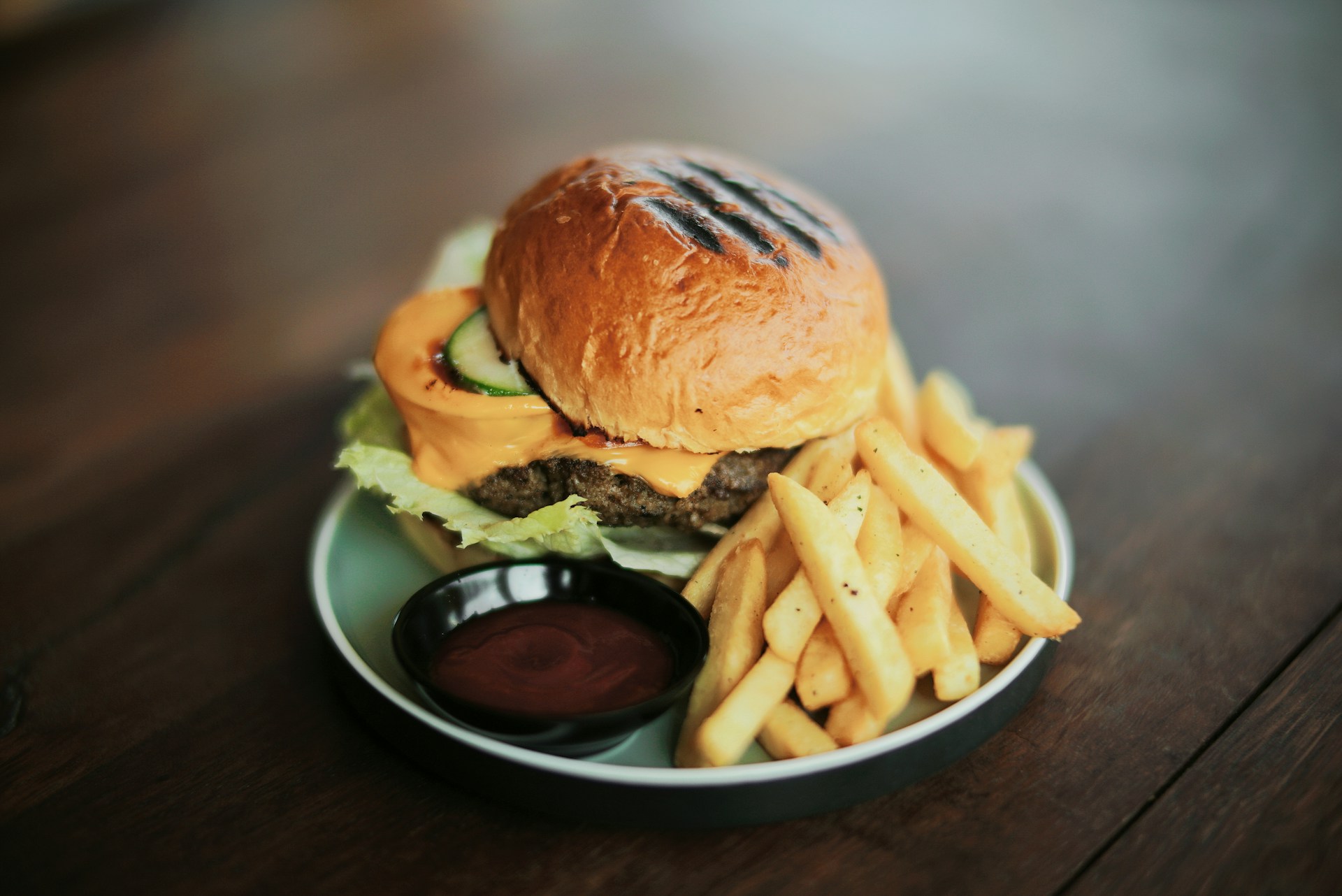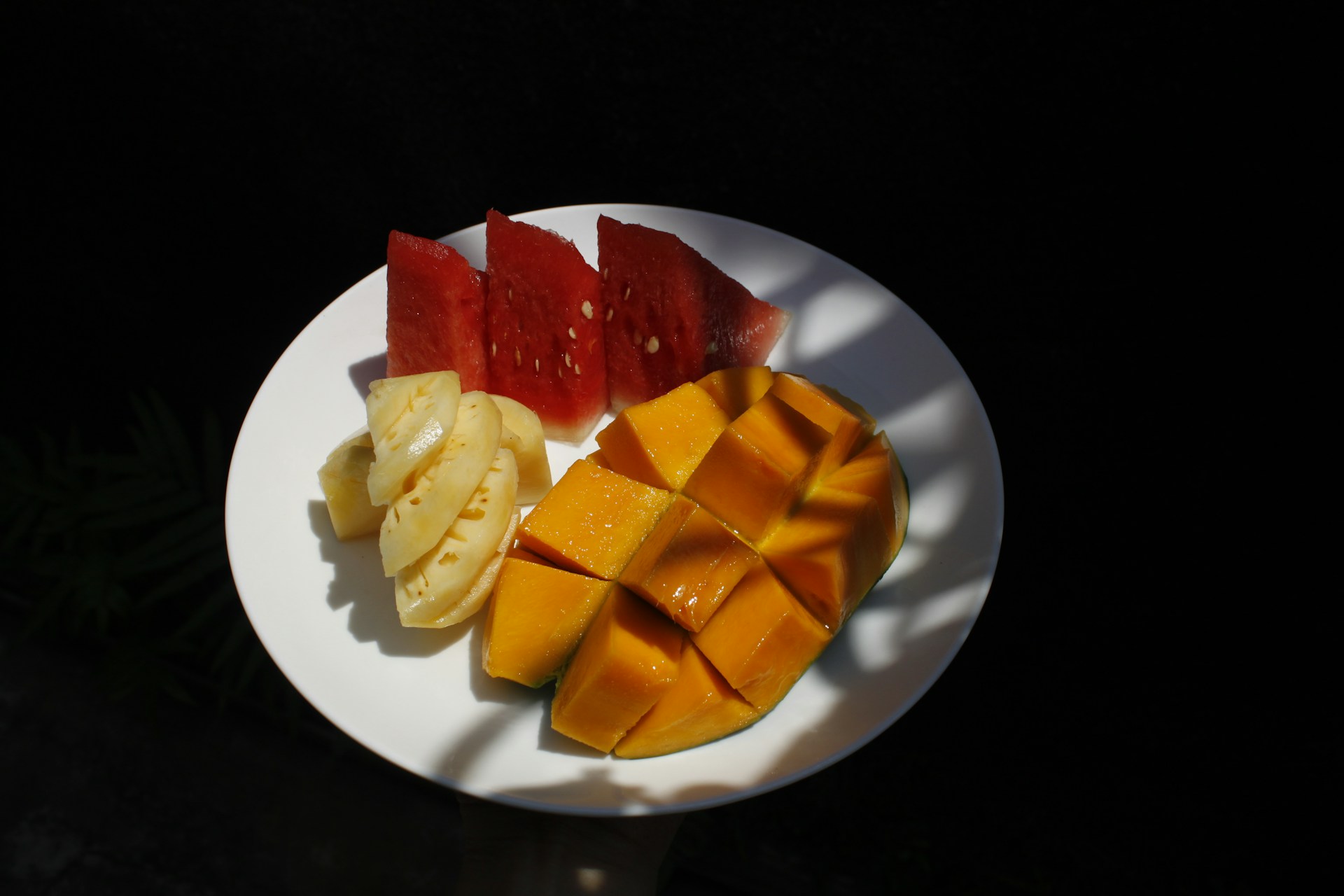Faktor yang Berhubungan dengan Konsumsi Energi Ibu Menyusui di Kecamatan Cipayung, Kota Depok, Indonesia
Downloads
Latar Belakang: Untuk mendukung kebutuhan gizi yang tinggi saat menyusui, ibu menyusui membutuhkan lebih banyak energi dibandingkan ibu hamil. Namun, berbagai studi melaporkan bahwa konsumsi energi ibu menyusui justru lebih rendah dibandingkan ibu hamil.
Tujuan: Mengetahui faktor yang berhubungan dengan konsumsi energi ibu menyusui yang rendah di Kecamatan Cipayung Kota Depok Tahun 2016.
Metode: Penelitian ini menganalisis data sekunder dari penelitian eksperimental semu dengan pendekatan kohort prospektif di Kota Depok. Total sampel berjumlah 169 responden. Analisis data pada penelitian ini menggunakan uji chi-square dan uji regresi logistik ganda.
Hasil: Konsumsi energi ibu saat hamil merupakan faktor dominan yang berhubungan dengan konsumsi energi ibu saat menyusui setelah dikontrol dengan paritas dan usia ibu. Ibu yang mengonsumsi energi dalam jumlah kurang saat hamil berisiko 3,5 kali lebih besar untuk mengonsumsi energi dalam jumlah kurang saat menyusui.
Kesimpulan: Konsumsi energi ibu hamil sangat penting diperhatikan karena selain diperlukan untuk pertumbuhan dan perkembangan janin, sebagai cadangan lemak yang akan digunakan saat menyusui, juga untuk menjamin agar ibu mengonsumsi energi dalam jumlah cukup saat menyusui.
World Health Organization. Nutrition Landscape Information System (NLIS) Country Profile Indicators. 2010;
Adair LS, Guilkey DK. Age-Specific Determinants of Stunting in Filipino Children 1 , 2 , 3. 1997;(June 1996):314–20.
Prendergast AJ, Humphrey JH, Prendergast AJ, Humphrey JH. Paediatrics and International Child Health The stunting syndrome in developing countries The stunting syndrome in developing countries. 2014;9047.
Badan Penelitian dan Pengembangan Kesehatan. Hasil Utama RISKESDAS 2018. Jakarta: Badan Penelitian dan Pengembangan Kesehatan, Kementerian Kesehatan RI; 2018.
WHO. Child Stunting Data Visualizations Dashboard [Internet]. 2018. Available from: http://apps.who.int/gho/data/node.sdg.2-2-viz-1?lang=en
Beal T, Tumilowicz A, Sutrisna A, Izwardy D, Neufeld LM. A review of child stunting determinants in Indonesia. Matern Child Nutr. 2018;14(4):1–10.
Raiten DJ, Bremer AA. Exploring the nutritional ecology of stunting: New approaches to an old problem. Nutrients. 2020;12(2).
Segura SA, Ansótegui JA, Marta Díaz-Gómez N. The importance of maternal nutrition during breastfeeding: Do breastfeeding mothers need nutritional supplements? An Pediatr. 2016;84(6):347.e1-347.e7.
Chirande L, Charwe D, Mbwana H, Victor R, Kimboka S, Issaka AI, et al. Determinants of stunting and severe stunting among under-fives in Tanzania : evidence from the 2010 cross-sectional household survey. 2015;1–13.
Menteri Kesehatan RI. Peraturan Menteri Kesehatan Republik Indonesia Nomor 28 Tahun 2019 Tentang Angka Kecukupan Gizi yang Dianjurkan untuk Masyarakat Indonesia. Jakarta: Kementerian Kesehatan RI; 2019.
Fikawati S, Syafiq A, Mardatillah. Maternal calorie intake is a significant factor associated with 6 months of exclusive breastfeeding among lactating mothers in Depok City, Indonesia. Malays J Nutr. 2017;23(1):31–41.
Dos Santos Q, Sichieri R, Marchioni DML, Verly Junior E. Brazilian pregnant and lactating women do not change their food intake to meet nutritional goals. BMC Pregnancy Childbirth. 2014;14(1):1–7.
Rao KM, Balakrishna N, Arlappa N, Laxmaiah A, Brahmam GNV. Diet and Nutritional Status of Women in India. J Hum Ecol. 2010;29(3):165–70.
Minato T, Nomura K, Asakura H, Aihara A, Hiraike H, Hino Y, et al. Maternal undernutrition and breast milk macronutrient content are not associated with weight in breastfed infants at 1 and 3 months after delivery. Int J Environ Res Public Health. 2019;16(18).
Pratt NS, Durham HA, Sherry CL. Nutrient Intakes from Food of Lactating Women Do Not Meet Many Dietary Recommendations Important for Infant Development and Maternal Health. Food Nutr Sci. 2014;5(17):1644–51.
Tavares MP, Devincenzi MU, Sachs A, De Vilhena Abrí£o ACF. Nutritional status and diet quality of nursing mothers on exclusive breastfeeding. ACTA Paul Enferm. 2013;26(3):294–8.
Sihite DS, Fikawati S, Syafiq A. Maternal Energy Intake at the Sixth Month as Dominant Factor of Exclusive Breastfeeding Success. Natl Public Heal J. 2017;12(2):87–92.
Syafiq A, Fikawati S, Widiastuti R. Energy Consumption during Lactation and Duration of Breastfeeding At Puskesmas Margajaya Bekasi City in 2014. Makara J Heal Res. 2015;19(2).
Fikawati S, Syafiq A, Suryani E. Lactating Mothers Energy Consumption in Beji Subdistricts Depok City Indonesia in 2016. Proc ISER 88 Int Conf. 2017;
Fikawati S, Syafiq A, Purbaningrum RP, Karima K. Energy Consumption of Lactating Mothers: Current Situation and Problems. Makara J Heal Res. 2014;18(2):58–64.
Fikawati S, Syafiq A, Mardatillah. Perbedaan Asupan Susu dengan Kejadian Stunting pada Anak Usia 25-30 Bulan di Jakarta Pusat Tahun 2019. Depok; 2019.
Rahmawati W, Wirawan NN, Wilujeng CS, Nugroho FA, Habibie IY, Fahmi I, et al. Gambaran Masalah Gizi pada 1000 HPK di Kota dan Kabupaten Malang, Indonesia. Indones J Hum Nutr. 2016;3(1):20–31.
Pangestuti DR. Nutritional status of exclusive compared to non exclusive breastfeeding mother. J Gizi dan Pangan. 2018;13(1):11–6.
Prabasiwi A, Fikawati S, Syafiq A. ASI Eksklusif dan Persepsi Ketidakcukupan ASI Exclusive Breastfeeding and Perception of Insufficient Milk Supply. J kesmas fkmui. 2014;9.
Dinas Kesehatan Kota Depok. Profil Kesehatan Kota Depok Tahun 2018 [Internet]. Vol. 187. 2019. 85-86 p. Available from: http://dinkes.depok.go.id/
Nopiyanti A. Suplementasi susu pada ibu sebagai faktor dominan lama pemberian ASI eksklusif di wilayah kerja Puskesmas Cipayung, Depok tahun 2017. 2017.
Kementerian Kesehatan Republik Indonesia. Peraturan Menteri Kesehatan Republik Indonesia Nomor 28 Tahun 2019 tentang Angka Kecukupan Gizi yang Dianjurkan Untuk Masyarakat Indonesia. Jakarta; 2019.
Jones KS, Assar S, Prentice A, Schoenmakers I. Vitamin D expenditure is not altered in pregnancy and lactation despite changes in Vitamin D metabolite concentrations. Sci Rep. 2016;6(26795):1–12.
Neumann CG, Oace SM, Chaparro MP, Herman D, Drorbaugh N, Bwibo NO. Low vitamin B12 intake during pregnancy and lactation and low breastmilk vitamin B12 content in rural Kenyan women consuming predominantly maize diets. Food Nutr Bull. 2013;34(2):151–9.
Ogechi UP. A study of the nutritional status and dietary intake of lactating women in Umuahia, Nigeria. Am J Heal Res. 2014;2(1):20–6.
Most J, Dervis S, Haman F, Adamo KB, Redman LM. Energy intake requirements in pregnancy. Nutrients. 2019;11(8).
Mecacci F, Biagioni S, Ottanelli S, Mello G. Nutrition in pregnancy and lactation: how a healthy infant is born. J Pediatr neonatal Individ Med. 2015;4(2):1–14.
Kominiarek MA, Rajan P. Nutrition Recommendations in Pregnancy and Lactation. Med Clin North Am. 2016;100(6):1199–215.
Hoffmann JF, Nunes MAA, Schmidt MI, Olinto MTA, Melere C, Ozcariz SGI, et al. Dietary patterns during pregnancy and the association with sociodemographic characteristics among women attending general practices in southern Brazil: the ECCAGe Study. Cad Saude Publica. 2013;29(5):970–80.
Hall Moran V, Lowe N, Crossland N, Berti C, Cetin I, Hermoso M, et al. Nutritional requirements during lactation. Towards European alignment of reference values: The EURRECA network. Matern Child Nutr. 2010;6(SUPPL. 2):39–54.
Haileslassie K, Mulugeta A, Girma M. Feeding practices , nutritional status and associated factors of lactating women in Samre Woreda , South Eastern Zone of Tigray , Ethiopia. Nutr J. 2013;12(28):1–11.
Maharani H, Pangestuti DR, Pradigdo SF. Faktor-faktor yang Berhubungan dengan Status Gizi Ibu Menyusui di Wilayah Kerja Puskesmas Kedungmundu Kota Semarang. J Kesehat Masy. 2016;4(April):187–96.
Madanijah S, Rimbawan R, Briawan D, Zulaikhah Z, Andarwulan N, Nuraida L, et al. Nutritional status of lactating women in Bogor district, Indonesia: cross-sectional dietary intake in three economic quintiles and comparison with pre-pregnant women. Br J Nutr. 2016;116(S1):S67–74.
Fikawati S, Syafiq A. Status Gizi Ibu dan Persepsi Ketidakcukupan Air Susu Ibu Maternal Nutritional Status and Breast Milk Insufficiency Perception. J Kesehat Masy Nas. 2012;6(6):249–54.
Murrin C, Shrivastava A, Kelleher CC. Maternal macronutrient intake during pregnancy and 5 years postpartum and associations with child weight status aged five. Eur J Clin Nutr. 2013;67(6):670–9.
Hastono SP. Analisis Data pada Bidang Kesehatan. Ke-3. Depok: PT RajaGrafindo Persada; 2018. 201 p.
Nuradiana S. Konsumsi Energi Ibu Saat Hamil Sebagai Faktor Dominan Terhadap Konsumsi Energi Ibu Selama Menyusui di Kecamatan Beji, Depok Tahun 2016. Universitas Indonesia; 2016.
AMERTA NUTR by Unair is licensed under a Creative Commons Attribution-ShareAlike 4.0 International License.
1. The journal allows the author to hold the copyright of the article without restrictions.
2. The journal allows the author(s) to retain publishing rights without restrictions
3. The legal formal aspect of journal publication accessibility refers to Creative Commons Attribution Share-Alike (CC BY-SA).
4. The Creative Commons Attribution Share-Alike (CC BY-SA) license allows re-distribution and re-use of a licensed work on the conditions that the creator is appropriately credited and that any derivative work is made available under "the same, similar or a compatible license”. Other than the conditions mentioned above, the editorial board is not responsible for copyright violation.












































